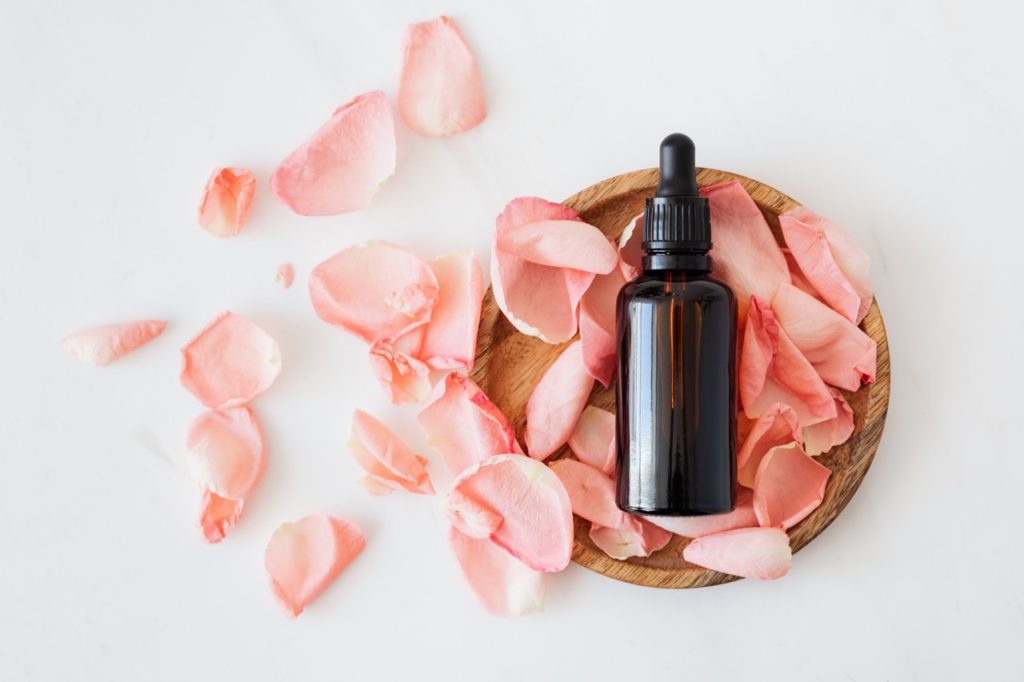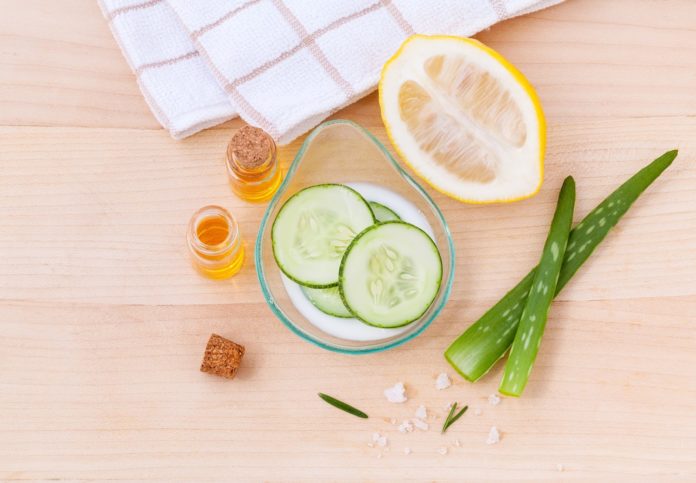We have our methods when it comes to taking care of our bodies, particularly our facial features. Some people struggle with issues like hormonal acne and breakouts, while others have pimple problems. These conditions may make a person feel helpless, but achieving flawless skin is not impossible.
The key? A proper skincare routine.
Here are seven daily habits you can practice to achieve that glowing facial skin you so desire.
1. Drink Lots of Water
That’s right! Just like how plants need water to grow, our skin needs water to stay hydrated. Water plays a significant role in our body since most of our cells are made up of water.
Consuming sufficient quantity – normally 8 glasses a day for most people – is one of the most vital facial skincare habits you need to adopt. Besides, you can never go wrong with water!
Tip: do not wait until you feel thirsty before drinking water.
2. Replace Your Pillowcase
Your pillowcase is one object that you have direct skin contact with every day. That means there are chances for accumulated bacteria and dirt to cause damage to your skin (and hair) too. Oil and dirt gathered on your pillowcase can also lead to acne and blackheads.
You should therefore change your pillowcase two to three times a week, especially if you have oily-prone skin. Sleeping with a fresh pillowcase is not only more hygienic, but you can also avoid being in contact with all that grime on your pillowcase!
3. Avoid Touching Your Face
Your hands have the most contact with anything you touch, and you can’t be entirely sure that everything you come into contact with is germ-free. Can you imagine carrying all that dirt and touching your face afterwards?
It is, therefore, a good idea to wash your hands with soap before touching your face, whether to lessen skin breakouts or otherwise. Touching your mouth, nose, or eyes with grimy hands can also spread things like the flu and other seasonal infections.
Tip: the COVID-19 pandemic makes it all the more important to avoid touching your face directly with unclean hands.
4. Remember to Apply Sunscreen
Too much sun exposure is harmful to our skin, even though humans cannot live without sunlight. UVA & UVB rays can harm the skin’s flexible and collagen tissue, bringing about skin hanging, extending, and wrinkles. It likewise causes spots, skin staining, age spots, and even skin diseases.
This is why you should use sunscreen to protect against the harmful UV rays when you are under the sun for extended periods of time.
You can read more about sunscreen here.
5. Get Sufficient Sleep
Getting enough rest should be an important part of your skin health management habit. If you notice your skin’s health declining, it could be due to sleep deprivation.
Sleeping is important for your complexion. This is because less is demanded of the body when you are asleep, thus freeing up more resources for self-healing. Insufficient sleep or an inconsistent sleep cycle will disrupt the healing and can bring about visible indications of prematurely aging skin.
So go ahead and get your beauty sleep in. Your skin will reward you handsomely.
6. Use Vitamin C Serum

Vitamin C serums have become popular for their ability to protect and rejuvenate facial skin. We recommend that you search for brands that are legitimate and have good user reviews to help filter the good from the bad.
Remember to consult your dermatologist prior to using any new skin care products or if you are taking any medications.
Tip: it doesn’t hurt to also regularly include fruits and vegetables that are rich in Vitamin C in your diet.
7. Exercise Regularly
Exercise increases your heart rate, which in turn helps improve the body’s blood flow. This allows nutrients to be circulated through your body at a faster rate, providing constant nourishment to your skin cells. The increased blood flow also means that waste byproducts like free radicals are being discharged from your body at a faster pace.
Any type of exercise can work as long as you do it at an intensity level that can raise your heart rate. This means physical activities like yoga, weight lifting, and swimming are all viable options.
So what are you waiting for? Get off that couch and start sweating today!




